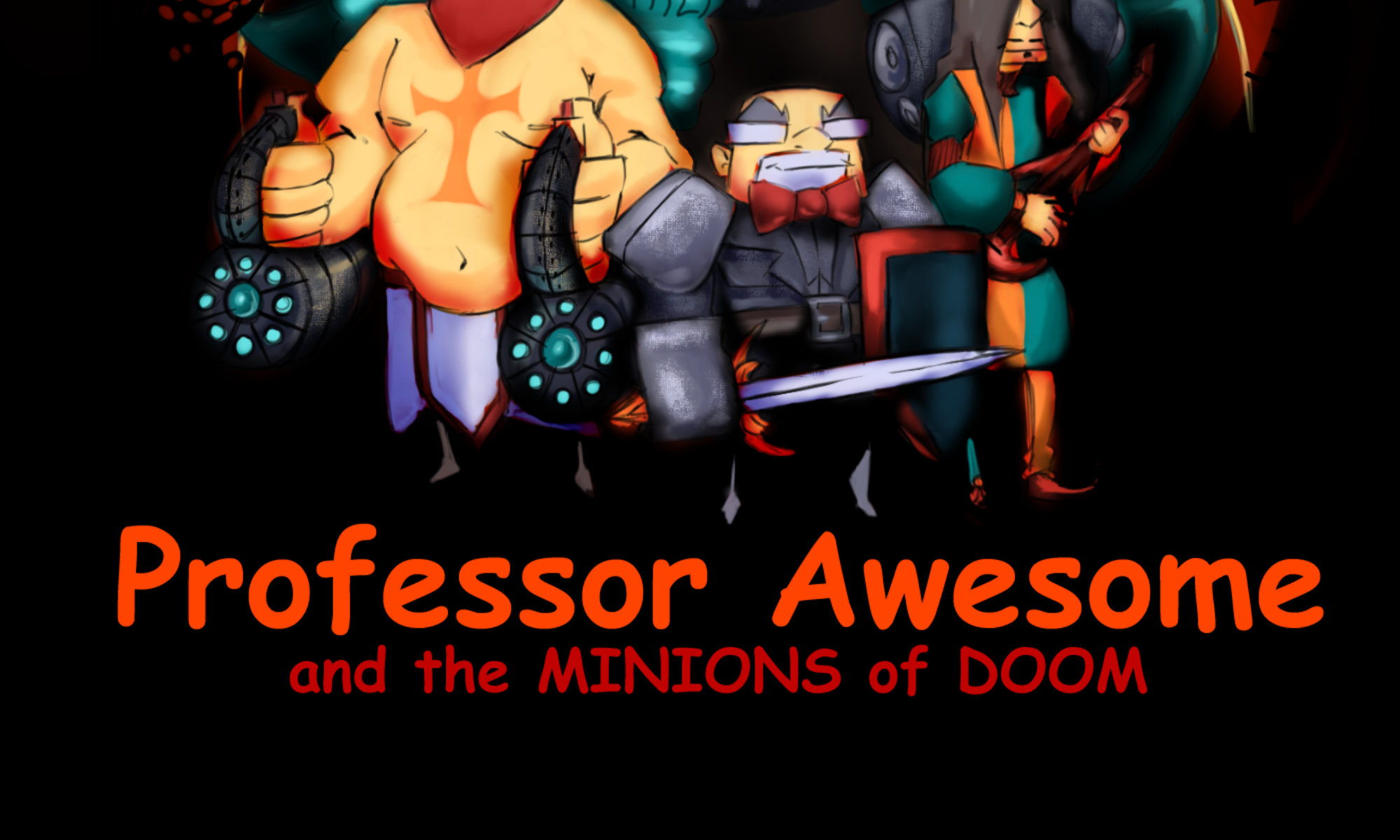I’ve known my friend Patrick since 1990, and he is, without question, the most dedicated and loyal fan of They Might Be Giants that I’ve had the pleasure to know. In early 1996, Patrick made me a cassette tape of TMBG songs (titled “They Might Be Mixed”), and that spring, I attended my first TMBG show at Trax in Charlottesville, Va..
Now, a confession: I’ve been a card carrying member of The KISS Army for 37+ years, which at first glance appears to be the polar opposite of Geek Rock and TMBG. Honestly, I didn’t know what to expect. I mean, the instruments that stood out the most for me in TMBG’s music, particularly the first few records, were a keyboard, a drum machine and an accordion. Sure, there was guitar in there too, but I wasn’t expecting a “Rock Show” as I made my way into Trax.
I’ll use just two moments from the evening to illustrate my surprise:
“Why Does The Sun Shine,” in its studio version, is a very quiet, unassuming song that features primarily xylophone and accordion. I believe this song opened the show. If it didn’t officially start the show, the song was featured early in the set and was the first moment where I (literally) sat up straight on my barstool and paid very close attention to what was happening onstage.
Instead of a quiet “science lesson” explaining all about the wonders of the sun, John & John (You’re reading this blog, so you need no last names, right?) ripped into the number at breakneck, almost thrash-metal-like speed, playing loud and obnoxious guitar. I was shocked! Flansburgh literally screamed the lyrics at one point. It was wonderful. I didn’t know what to expect, but I wasn’t expecting THAT! And, to his credit, Patrick never hinted at what the show would be like, so my surprise was genuine.
The other moment came about midway through the set, and it was from an album that had not even been released yet. The song was “Till My Head Falls Off” from the (then forthcoming) album “Factory Showroom.” No one in the audience had heard the song yet (unless of course they’d seen a previous show on this tour) and, for me at least, this track combined three elements that make it, almost twenty years later, still one of my all-time favorite TMBG songs:
1) Smart, laugh out loud lyrics (“There were eighty-seven Advil in the bottle, now there’s thirty left/I ate forty-seven so what happened to the other ten?”)
2) Great, bombastic drums. (They don’t do “BIG DRUMS” often, but when they do, they always deliver.)
3) A great guitar solo that sounds almost like it doesn’t belong, yet fits perfectly.
This “quiet” duo with their accordion and keyboard literally rocked that night, and thus made me a fan for life. I’ve seen TMBG so often that I’m not sure on the exact number of shows. It’s at least fifteen, but probably more.
I see them whenever I get the chance, and they never disappoint. I can say, because of They Might Be Giants, this card carrying member of The KISS Army is also a proud fan of Geek Rock!
Barry Hall has been a radio disc jockey, an executive producer, the manager of a rock band and drummer. Above all, he is a fan of all kinds of music, and believes that music is a necessary part of daily life. You can follow him on Twitter at @Longarm04.

